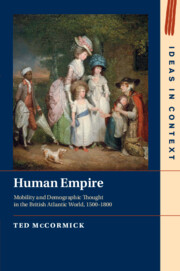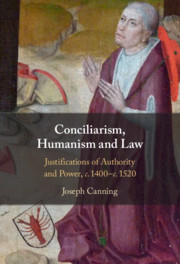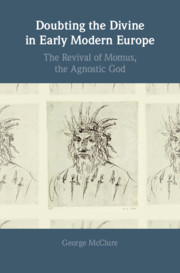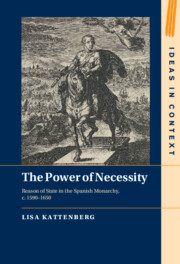Plutarch's Prism
Throughout the early modern period, political theorists in France and England drew on the works of Plutarch to offer advice to kings and princes. Elizabeth I herself translated Plutarch in her later years, while Jacques Amyot's famous translations of Plutarch's The Parallel Lives led to the wide distribution of his work and served as a key resource for Shakespeare in the writing of his Roman plays, through Sir Thomas North's English translations. Rebecca Kingston's new study explores how Plutarch was translated into French and English during the Renaissance and how his works were invoked in political argument from the early modern period into the 18th century, contributing to a tradition she calls 'public humanism'. This book then traces the shifting uses of Plutarch in the Enlightenment, leading to the decline of this tradition of 'public humanism'. Throughout, the importance of Plutarch's work is highlighted as a key cultural reference and for its insight into important aspects of public service.
- Offers new and original insights into key texts and thinkers in the history of political thought canon e.g. More, Erasmus, Hobbes
- Challenges standard accounts of the patterns of classical reception in the early-modern period
- Provides a thoughtful and expansive account of ideas of public service in the West
Reviews & endorsements
'The subject of this impressive book can be stated concisely: it examines the reception of the writings of Plutarch (around 45–120 CE) in France and England from the Renaissance to the Enlightenment. … A reader of this book cannot help but come away with a deeper appreciation for how exceptionally important Plutarch was for the development of modern thought in France and England.' Vickie Sullivan, Perspectives on Politics
'Kingston's book valuably highlights the importance of the reception of Plutarch for the history of political ideas, and will no doubt spark further studies developing her suggestions about the significance of his works for the early modern theory of politics.' Fred Schurink, Translation and Literature
Product details
January 2024Paperback
9781009243469
456 pages
228 × 152 × 25 mm
0.67kg
Available
Table of Contents
- List of figures
- Preface
- Acknowledgements
- Introduction
- Part I. Setting the Stage:
- 1. A brief introduction to Plutarch and a comparison of Cicero and Plutarch on public ethics
- 2. The secret history of Plutarch (and the history of Pseudo-Plutarch) and a brief account of reception in renaissance Italy
- Part II. 3. Plutarch in early French renaissance public humanism: Geoffroy Tory and Guillaume Budé
- 4. Plutarch in early French renaissance public humanism: Desiderius Erasmus and Claude de Seyssel
- 5. Tudor Plutarch
- 6. Plutarch in later French humanism and reformation: Georges de Selve, Jacques Amyot and Jean Bodin
- 7. Bernard de Girard Du Haillan and Michel de Montaigne on thinking through the public good in a time of civil discord
- Part III. 8. Shedding new light on Thomas Hobbes' Leviathan (1651)
- 9. Plutarch on stage: Shakespeare, Pierre Corneille and Jean Racine
- 10. Plutarch in the long eighteenth century with a focus on British and Irish political thought
- 11. Plutarch in French enlightenment thought: the Abbé de Saint-Pierre, the Abbé Mably and Jean-Jacques Rousseau
- Conclusion
- Bibliography
- Index.










.jpg)